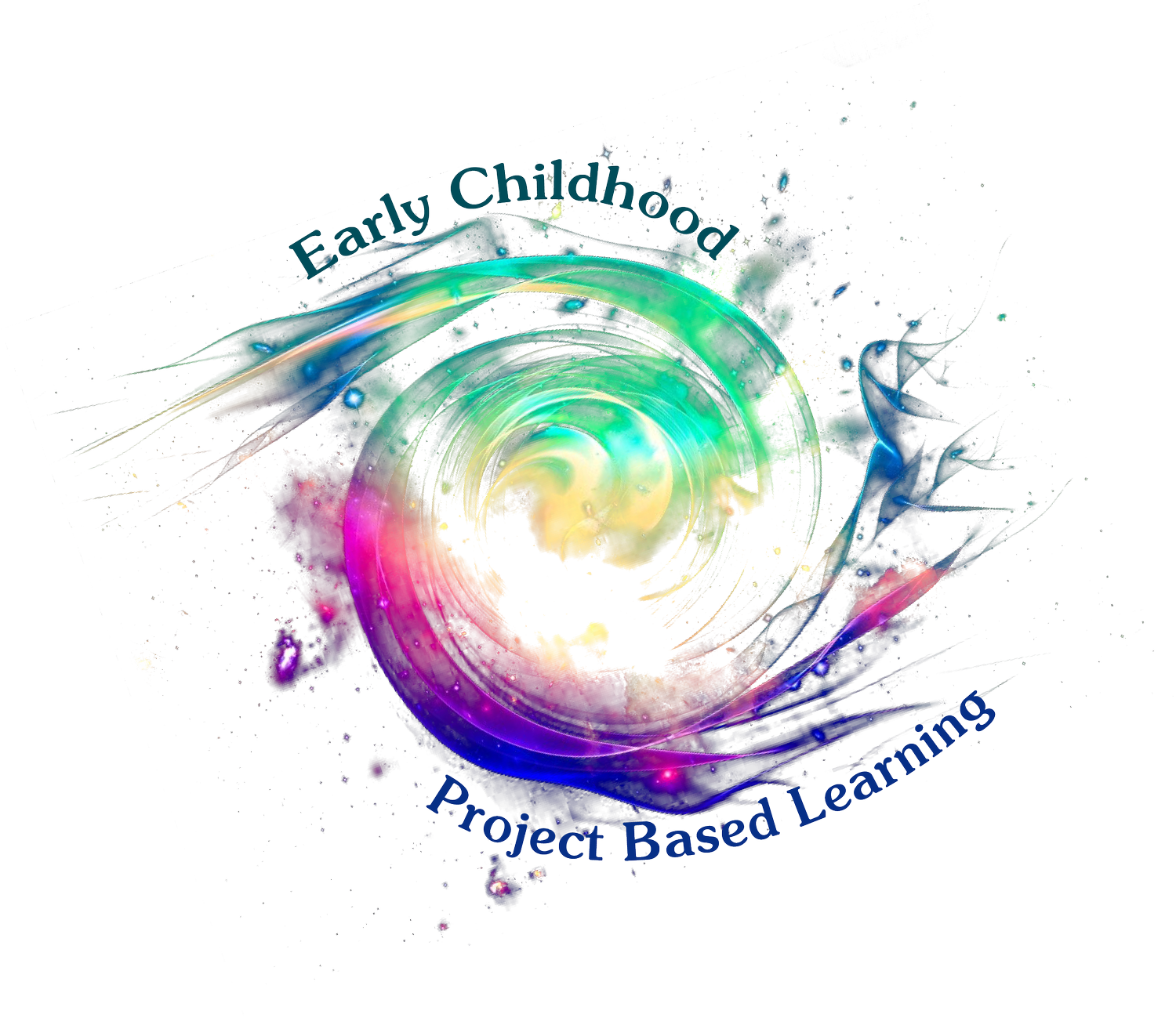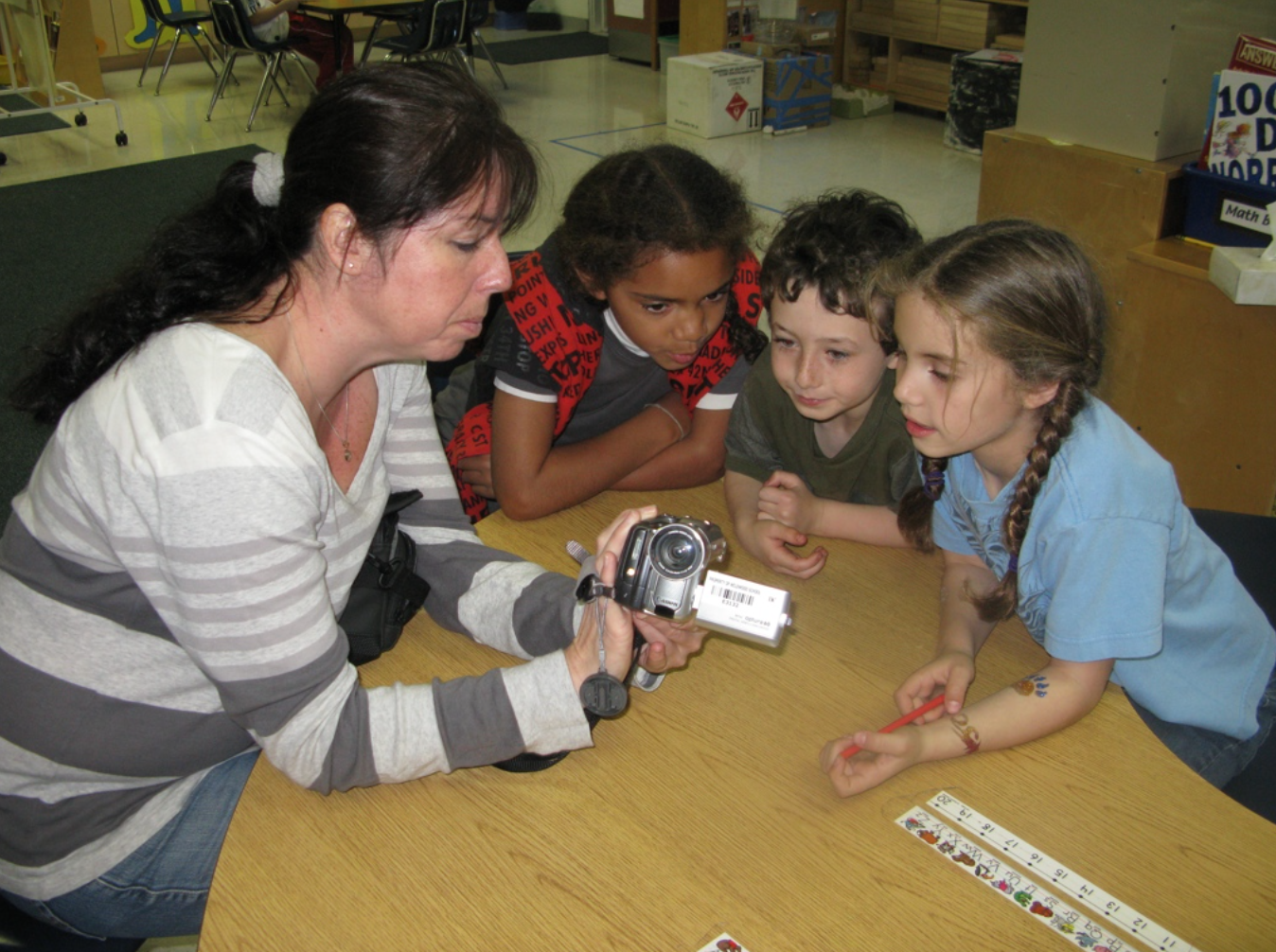Takeaways from a Lifelong PBL-er
When I was a kid, my favorite activity was block building. I had an indescribable love for it -- the kind that makes your heart beat just a little bit faster and makes you forget about whatever was on your mind. In elementary school, I was lucky enough to be in a place that not only supported my passion, but encouraged it. Now, as a Covid Class high school graduate, I have been reflecting on my past 13 years of education and I recognize just how vital that encouragement was.
In first grade, my friend and I built a keyboard out of blocks. It was complete with rubber-band keys (using Geoboards) and a stand, also out of blocks, that fit our small stature. We were allowed to stay in during recess to finish our project and add the finishing touches, which I thought was really cool. Over the course of the next few weeks, my class would use the keyboard we built as inspiration to write, record, and film a song and accompanying music video.
Block Keyboard
While we were making this song/music video everybody got a job, from songwriter to set designer to editor, there were options for everyone to do something that they were interested in. I was the director. It felt like a huge role. Heck, it was my name that was going to be on the title screen. That alone was enough motivation to make this project amazing. I was more invested, driven and excited to do this project than any other project before. As we began working on the project a weird thing happened: I was getting the same feeling I got when I was building blocks. I was directing everyone, kids and adults alike, to work on different parts of this project and I loved it. I could see everyone working and I felt like the conductor, just piecing everything together. This role forced me to ask for help when I needed it and it showed me that everyone had something different to offer.
Framing up shots for the video
When the music video was done and polished, I felt pride like I had never felt before. This pride and curiosity have stuck with me. I see now that the encouragement I got as a kid - to explore and think differently - has had a direct impact on me throughout my life and led me toward greater confidence as I got older.
Director: Lily
We have to pick our top 3 jobs.
I got Director. It was a little hard to write the script though.
It was fun shooting.
I worked with the camera crew the most.
It was a little hard telling everybody what to do.
Project Based Learning has worked itself into my life in more ways than I can count. I chose which high school to attend because I wanted a PBL experience similar to my elementary and middle school experience. When I found a four-year PBL engineering course, I was thrilled. For everyone else, this course was a new experience, but for me it was a welcome taste of familiarity. It was utterly apparent from the very first day that I had something that most of the kids in my class didn’t: unrelenting curiosity and excitement to learn. I attribute that almost entirely to the opportunities I had to pursue topics that interested me in elementary school.
Two key ideas that are often associated with successful early childhood PBL are “out-of the box thinking” and “problem solving.” That’s the ideal outcome for PBL. I have a little bit of a different take on it, having been through a heavily PBL-influenced education. Now don’t get me wrong here, those elements are important, but I believe that PBL is more than that. PBL allows kids to be decision-makers as they explore different facets of a topic, giving them the ability to choose what they like. Not every kid is going to want to direct a music video but, every kid should have the opportunity if they want it. Giving kids a choice in their learning not only helps them to feel in control of their education, but it subconsciously instills foundations of respect that are so desperately needed in this day and age. The choice shows kids that you, the teacher, are there as a mentor and resource to guide and support the child on their education journey.
Lily (far right) works with her camera crew (Jack, Devon and technology teacher Patti)
PBL also gives kids the communication skills to articulate what’s working for them and what’s not. For example, I had a couple of teachers my freshman year of high school that just were not working for me. My grades and mental health were suffering because of the drastic differences in their teaching style and how I know I learn best. So, after trying to adapt for a semester (perseverance), I talked to my advisor to see what we could do (communication) and we met with the teachers of the classes where I was struggling (confidence). It was a mutual agreement among the three of us that it would be beneficial for me to switch teachers. I did, and I thrived. My advisor told me after the fact that she had never had a kid reach out with the intention of a dialogue and end up convincing a teacher that they were not a good fit for a student.
PBL also allows what I like to call “dynamic thinking.” Basically, the ability to instinctually try to find connections from topic to topic, especially in a traditional school environment and beyond. A perfect example of this happened one night after crew practice. I had been given the feedback to change the way I put my oar in the water. I asked my coach why and her response was because ‘that's how physics works.’ So, I went home and broke out my physics and calculus notes. I did two different proofs, ran them by my physics teacher to make sure I was doing everything correctly, and presented them to my coach. She was right, but in her 13 years of rowing she had never seen the mathematical proof as to why.
Without a doubt, PBL has shaped who I am and will continue to shape who I am going to become. And to every teacher reading this: thank you for changing the face of education as we know it. All us Gen Z-ers appreciate it more than you know.
Lily Rockwell is a recent graduate of Santa Monica High School, and is continuing her studies at Colorado School of Mines in Mechanical Engineering. In her free time, she enjoys hiking, reading in her hammock, listening to music and rowing crew.
Lily lives with her mom, two brothers and dog, Rosie, in Santa Monica, California.





